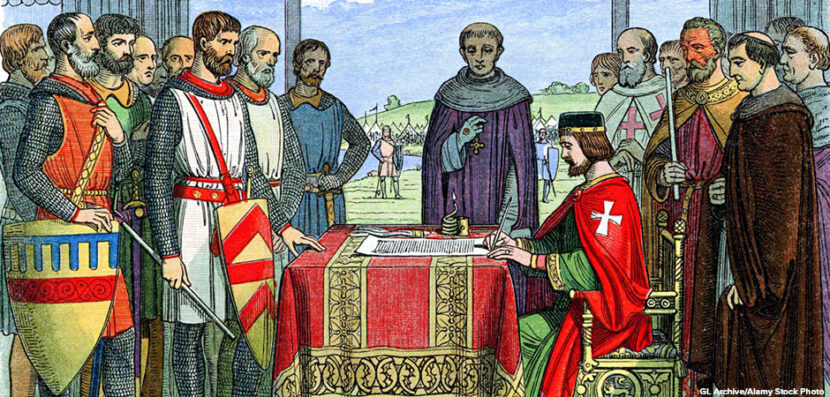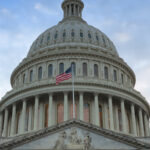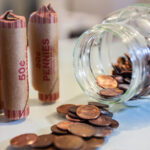Harvard’s Magna Carta Surprise
Imagine that you go to a thrift store or yard sale and find something super cheap. Then you later discover that what you’ve purchased is actually an incredibly valuable item! That’s exactly what happened to Harvard University. Years ago, Harvard purchased a copy of the Magna Carta for less than $30. But recently, two researchers have discovered that the document is actually extremely rare and worth millions of dollars. Here, btw takes a closer look at this unusual situation.
What is the Magna Carta?
The Magna Carta (which means “Great Charter” in English) is an important historical document in the history of England’s government that went on to influence how governments operate in many other countries. It established the principle that monarchs were subject to the rule of law. That means that the law applies to everyone, even a queen or king. The Magna Carta was written in 1215 by a group of English barons who were frustrated with King John. The king lost lands to France and was attempting to make up for his losses by heavily taxing the barons. Originally, the barons intended the Magna Carta to protect the interests of powerful landowning families. They were not concerned about freedoms and civil liberties for everyone. Their goal was just to limit the king’s power. In fact, the mention of the principle of “majority rule” in the document was unpopular and even condemned by the pope at that time.
In 1217, a new version of the Magna Carta was issued to help gain support for the new king: nine-year-old Henry III. When Henry grew up and took personal control of the throne in 1225, he issued what is considered the “final” version. It was distributed throughout England by the king to let the aristocracy know their rights and responsibilities. But it still only awarded many of these rights to wealthy families. It wasn’t until the early seventeenth century that Queen Elizabeth’s attorney general, Sir Edward Coke, brought up the Magna Carta to argue that even monarchs are subject to the rule of law.
Why is it Important?
The Magna Carta puts forth three major principles that form the basis for many government charters all over the world, including the U.S. Declaration of Independence and the Bill of Rights:
- No new taxes unless a common counsel agrees;
- All free people have the right to justice and a fair trial by jury;
- The monarch does not have absolute power.
The American colonists used the spirit of the Magna Carta to claim that a king’s power should be limited and not trample the rights of the people. The importance of this document is clear in the seal adopted by Massachusetts at the start of the American Revolution. The seal shows a militiaman holding a sword in one hand and the Magna Carta in the other. After the Revolution, seventeen U.S. states went on to incorporate parts of the Magna Carta into their laws.
Who Found the New Copy?
Until recently, it was believed that all of the copies of the Magna Carta were accounted for. But in December 2023, medieval history Professor David Carpenter, of King’s College London, was browsing through the Harvard Law School Library website when he came across one of several digitized versions of the Magna Carta. He contacted Nicholas Vincent, a professor of medieval history at Britain’s University of East Anglia. Together they determined that one of Harvard’s documents was an authentic copy dating back to 1300. Carpenter and Vincent used special ultraviolet light and spectral imagining to help see details on the document that aren’t visible to the naked eye. Harvard’s copy matched perfectly with the other six copies published in 1300.
How Did it Get to Harvard?
The Harvard Law School Library purchased the copy in 1946 from a book dealer in London. The University paid $27.50 for it. Before that, it likely belonged to a World War II soldier named Forster Maynard, who sold it to a British auction house in 1945. Maynard is thought to have inherited it from Thomas Clarkson, a lead campaigner against the British slave trade. Clarkson was friends with William Lowther, lord of the Appleby Manor, whose ancestors were given a copy of the Magna Carta in the 1300s. Although this seems like the most likely way the copy came to Harvard, no one has found any documents proving this chain of events.
How Much is it Worth?
It’s hard to say for sure. But in 2007, a 1297 version of the Magna Carta was sold at an auction for $21.3 million. However, Harvard has stated that it has no plans to sell the document.



